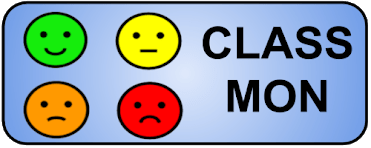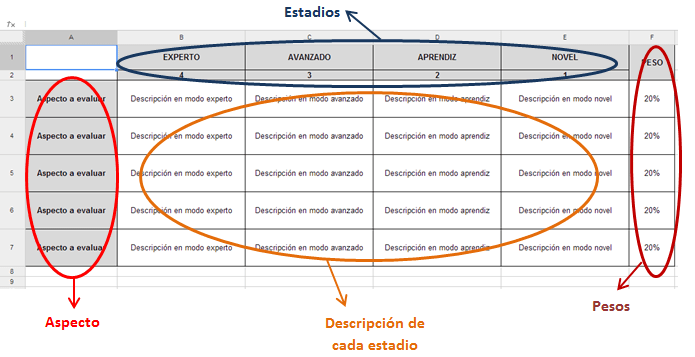Today I present the project from my participation in the Google Innovators Academy that took place a year ago in Madrid, ESP18. A very rich experience for me, both for the intensive learning and for the relationships with other innovators. During this year Nay Belaunzarán has accompanied me and tutored the project and I only have words of gratitude for her.
But let’s get down to business. Here’s aadd-on for spreadsheets with a very clear purpose. To help students to self-evaluate in order to learn to self-regulate. It may sound very pretentious and the complement is really very simple.
Continue reading “CLASS-MON, an add-on to encourage self-evaluation and self-regulation of students”







